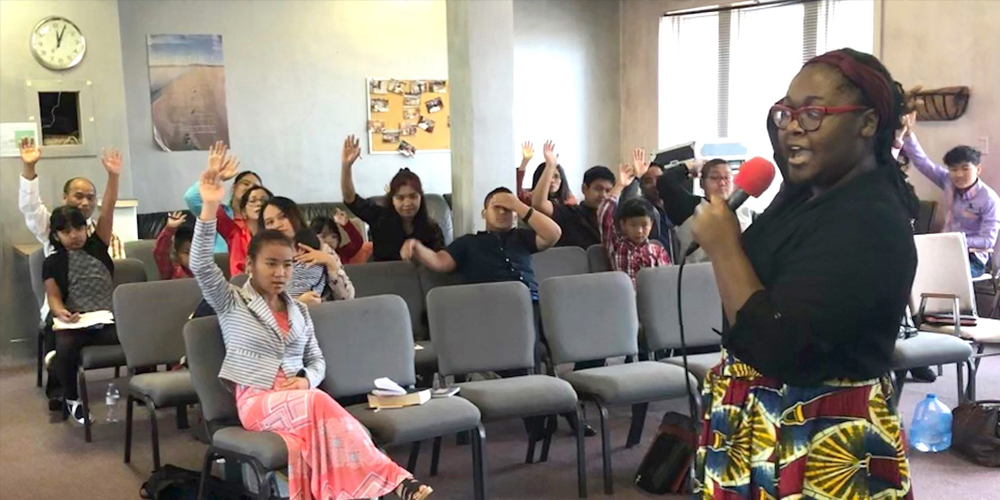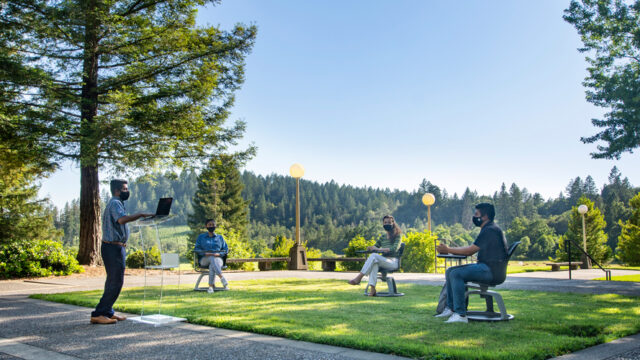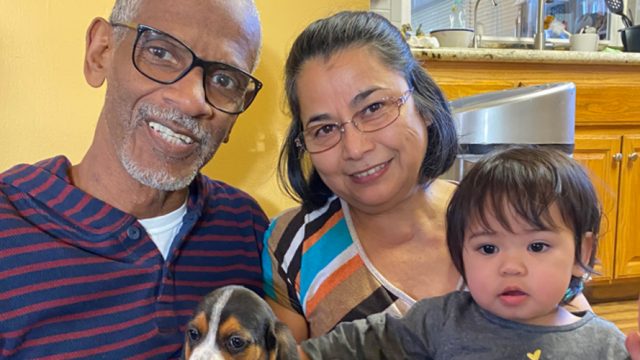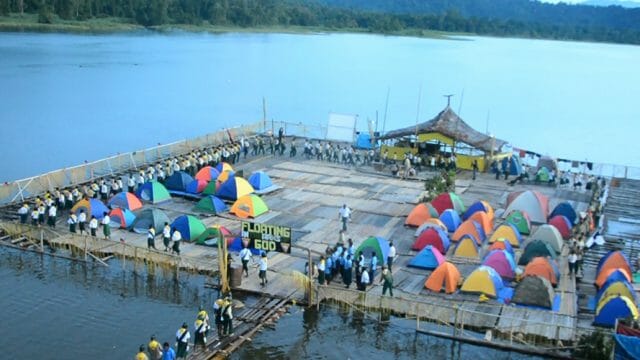Andrews University professor says the activities intersect faith and learning to create healing.

The School of Social Work at Andrews University in Berrien Springs, Michigan, United States, has partnered with Advocates for Southeast Asians and the Persecuted (ASAP) Ministries to design an initiative called Sensory Trauma Education Programs (STEPs) that brings awareness to trauma, promotes emotional healing, and provides training sessions and presentations specifically for local refugee churches and groups.
Over several months in 2019, Master of Social Work (MSW) students from Andrews shared STEPs presentations with a number of Seventh-day Adventist refugee groups in the Lake Union, including the Hmong in Milwaukee, Wisconsin; the Zomi in Battle Creek, Michigan; and the Karen, who gathered for a camp meeting in Cassopolis, Michigan.
“It’s amazing to see students becoming passionate about restoration,” said Ingrid Slikkers, assistant professor of social work. “In this work, faith and science intersect for healing. Our goal is to help transform others, but in the process, I see students being transformed themselves.”
In Milwaukee and Battle Creek, MSW students gave trauma presentations during Sabbath school sessions and shared a trauma-oriented sermon. Interactive sessions involving skits and games provided practical ways for adults and children to reduce stress, to better understand their brains, and to stay emotionally healthy.
For two days in Cassopolis, approximately 450 Karen refugees participated in trauma training seminars. During these sessions, Jimmy Schwe, leader of the Karen Seventh-day Adventist ministry in North America, told of how, when he was a young boy, Burmese soldiers burst into his home at night. The rest of his family escaped, but he was left frozen in terror, closing his eyes as he hugged a pole in the house. He opened his eyes to see the face of a soldier, full of rage and hate and covered in black paint and sweat. The soldier held a gun to Jimmy’s head. Jimmy shared that when he sees a man in uniform, it can trigger memories of his past traumatic experiences.
A. J. O’Carey, MSW student and intern at ASAP Ministries, who facilitated the training for the Karen, noted, “Those listening saw hope in Schwe’s story because he has not been stopped by the trauma he has experienced but has become stronger. He was the perfect illustration to bring to the discussion of resiliency, hope, and healing.”
STEPs instruction has proven beneficial for many. One program attendee shared, “Now I know what happened to my father and why he cannot work. I will go home and be a missionary right in my home. I will share with him about trauma, and I will help him heal.”
Bill Wells, refugee ministry coordinator at ASAP Ministries, said, “After nearly every event, it is common to hear from several individuals about how such presentations have increased their awareness about trauma and then given them some basic skills to address any challenges they may experience when triggered.”
Listeners, however, are not the only ones affected by the STEPs work. Those leading out experience change too. Katelyn Campbell, MSW/MDiv student and intern at ASAP Ministries, presented in both Milwaukee and Battle Creek.
“I chose to participate because I want to help people live their best lives possible,” Campbell said. “Jesus is in the business of bringing people [to] restoration. If I can have any part in His ministry of healing, I consider that an honor.”
The original version of this story was posted by the Lake Union Herald.








